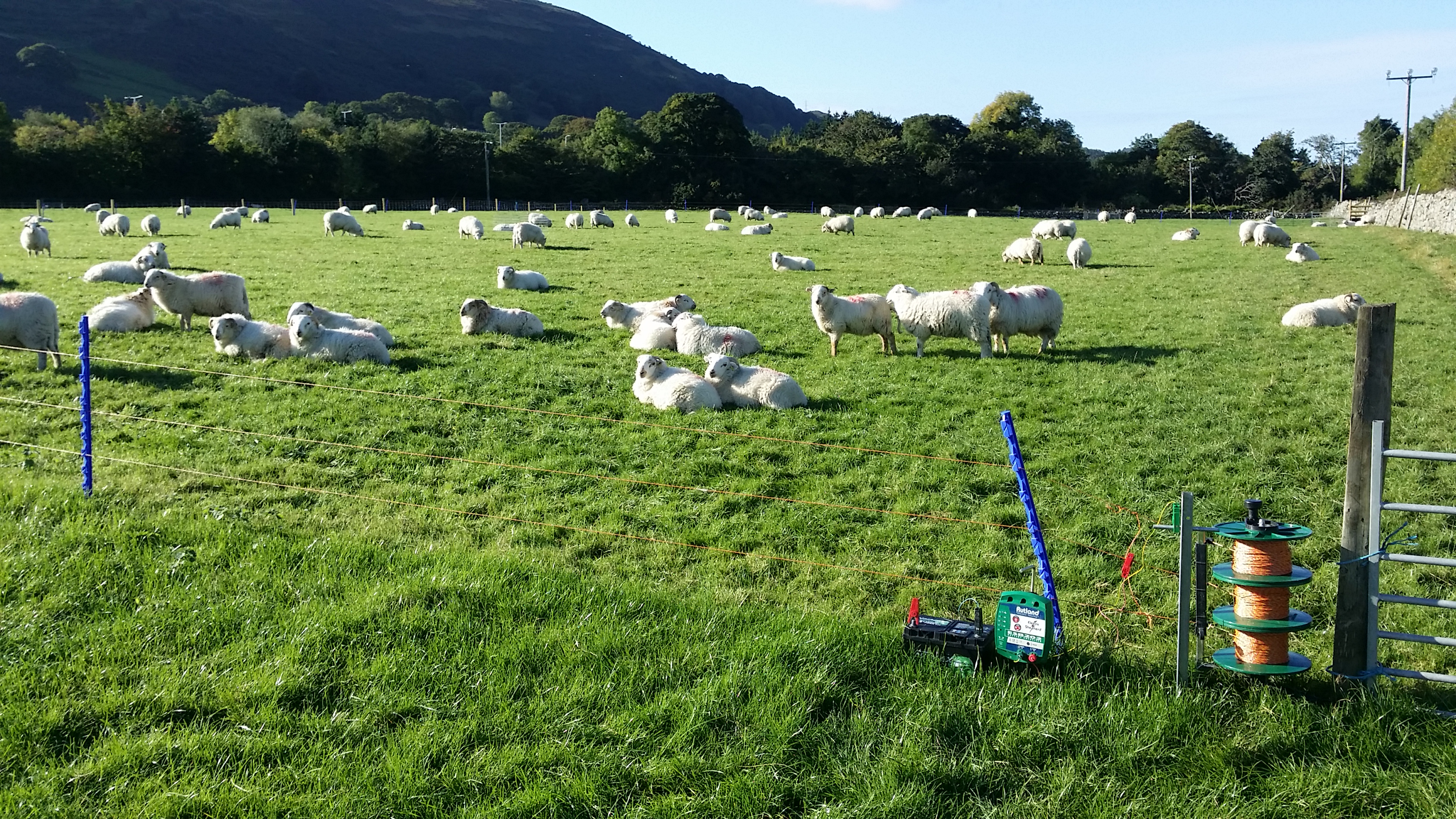
This research project has finished
FINAL RESULTS AND OUTPUTS
The Sustainable Intensification Research Platform (SIP), funded by Defra and Welsh Government, was a multi-partner research programme that investigated ways to increase farm output whilst enhancing the environment and countryside. This approach, whereby farmland is managed to maximise economic, environmental and social outcomes, is termed Sustainable Intensification (SI).
There were two linked, inter-disciplinary research projects:
- Farm-scale SI, looking at tools and practices to improve farm productivity and the environment, around a theme of Integrated Farm Management (IFM).
- Landscape-scale SI, looking at optimising land-management decisions for farm output, the environment and local communities, around a theme of collaboration and coordinated action.
In addition, a scoping study - 'SIP markets, drivers and interactions across the food chain' - was undertaken on the influence of external drivers and actors on the sustainability and productivity of English and Welsh farming.
The SIP worked with the farming industry, local communities and environmental organisations, supply chains and markets, government and policy, and established a platform for ongoing research and knowledge exchange.
SIP work at NIAB
NIAB was the lead organisation on SIP Project 1, which was delivered by a consortium of 29 collaborating partners including universities, research institutes, farming industry and environment organisations. The research was focused on three main areas:
1. Farm practices
The SIP study farms and landscape areas represented key farming types and locations across England and Wales. They provided the physical platform for the SIP. All five are longstanding research farms, established before the SIP, and they continue to research and demonstrate practices of relevance to SI beyond the end of the project. As part of the SIP, the farms evaluated and demonstrated the adoption of specific management practices, associated with IFM, within major crop and livestock production systems.
Science, Policy and Practice notes covering study farm work on the role of cover crops within sustainable soil managment and sustaining trace elements in grazing sheep, can be found on the SIP outputs page.
2. Measuring farm performance
The SIP developed improved indicators and methodologies to enable farmers, other land managers and advisers to assess and benchmark both the economic and the environmental performance of farms, and to understand how farming practices and social factors influence this. The final report for this work, and a Science, Policy and Practice note on Assessing the Performance of Commercial Farms, is available now through the SIP outputs page.
3. Supporting decision making on-farm
The SIP investigated ways of better communicating complex messages around SI, including the role and effectiveness of decision support tools, and exploring approaches to an improved guidance framework. A paper 'Decision support tools for agriculture: Towards effective design and delivery’ (Rose et al., 2016) is available, along with a final report, from the SIP outputs page. The decision support guidance framework continues to be developed with input from stakeholders, work is expected to continue in some form beyond the end of the SIP Project.
